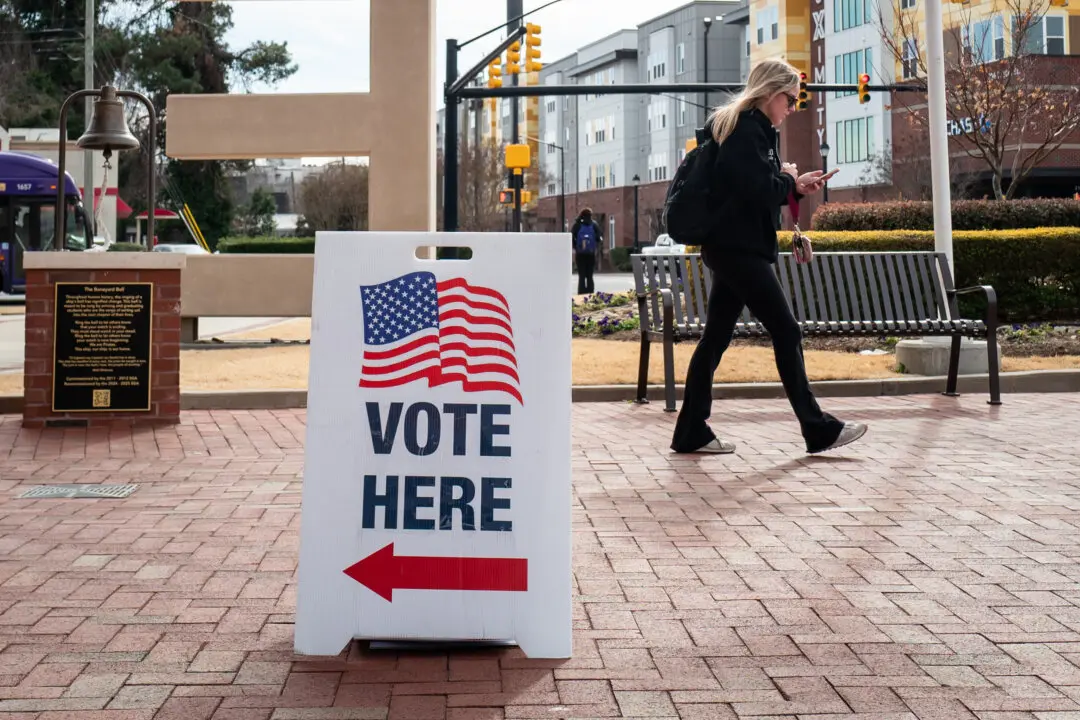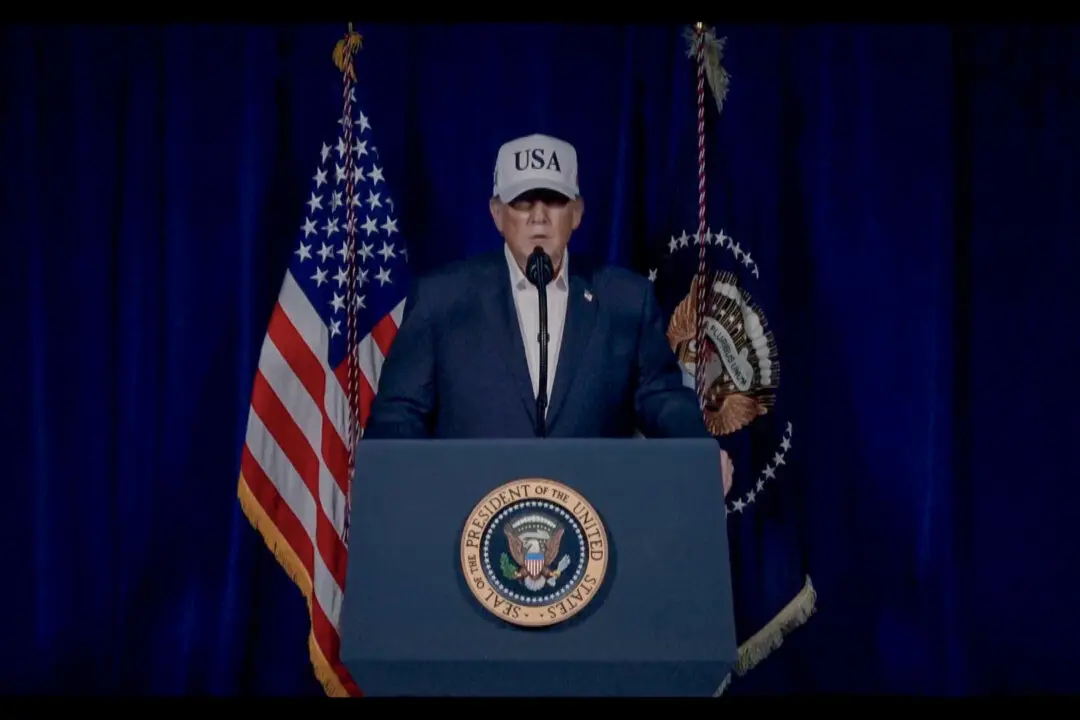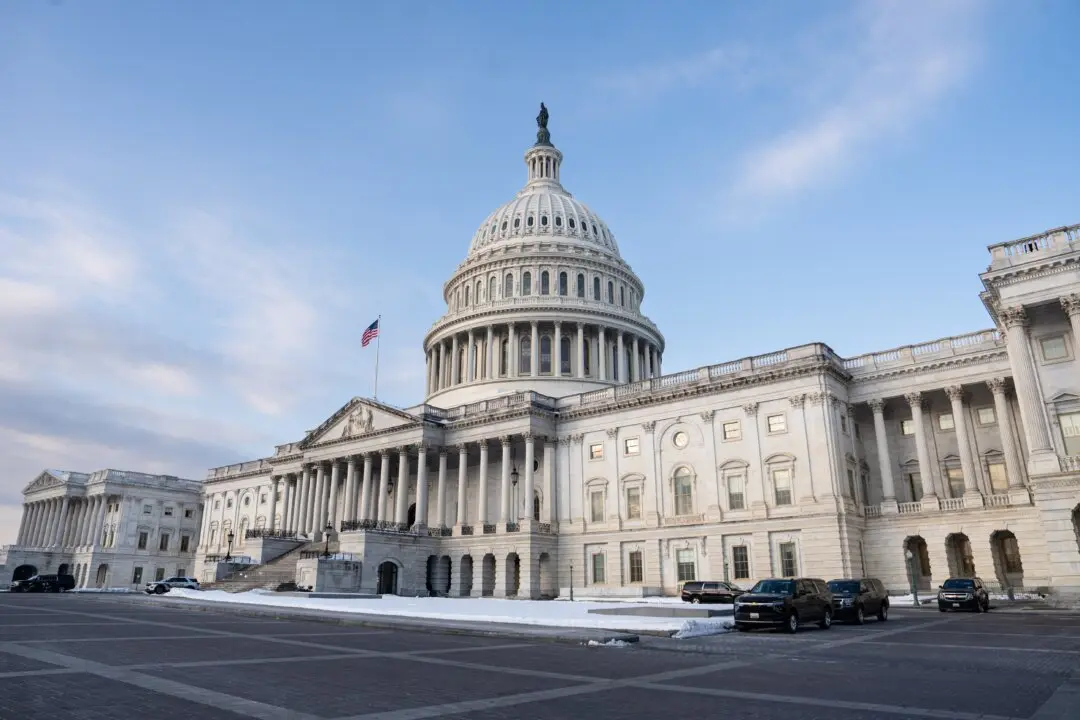Rep. Henry Cuellar (D-Texas), the top Democrat on the House Appropriations Committee, expressed concern on April 18 that President Joe Biden’s proposed budget “falls short” of what’s needed to combat illegal immigration along the southern border.
Cuellar made comments expressing reservations about the budget during an April 18 hearing of the Appropriations Committee, where members heard from U.S. Immigration and Customs Enforcement (ICE) Deputy Director Tae Johnson. In his capacity, Johnson is performing the duties of ICE director.





